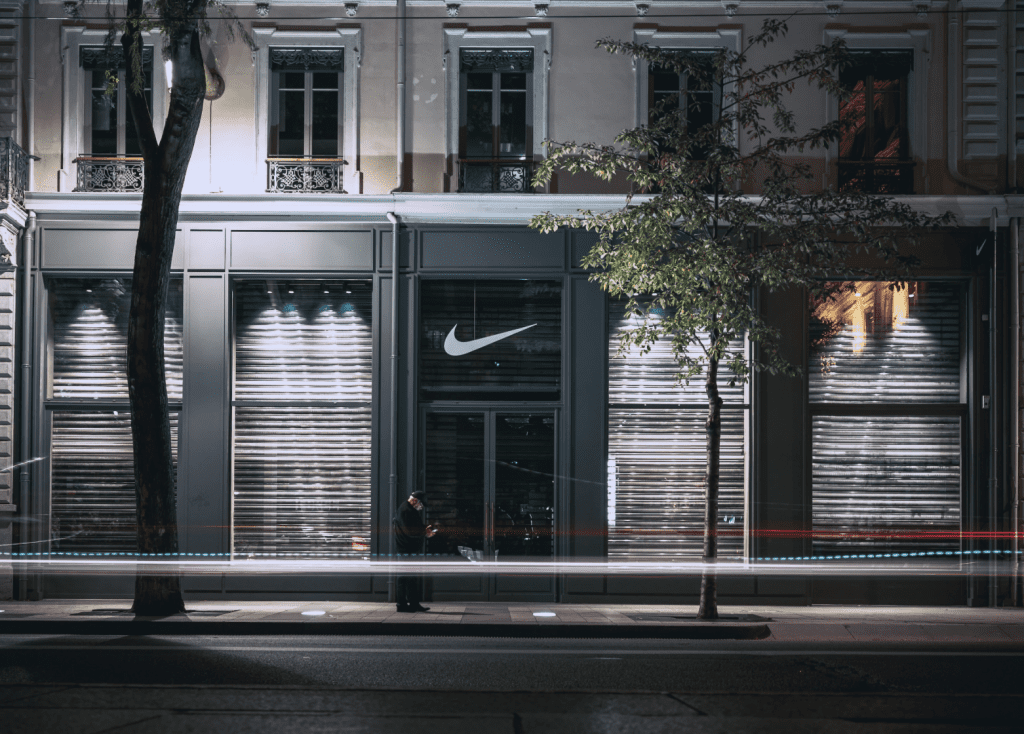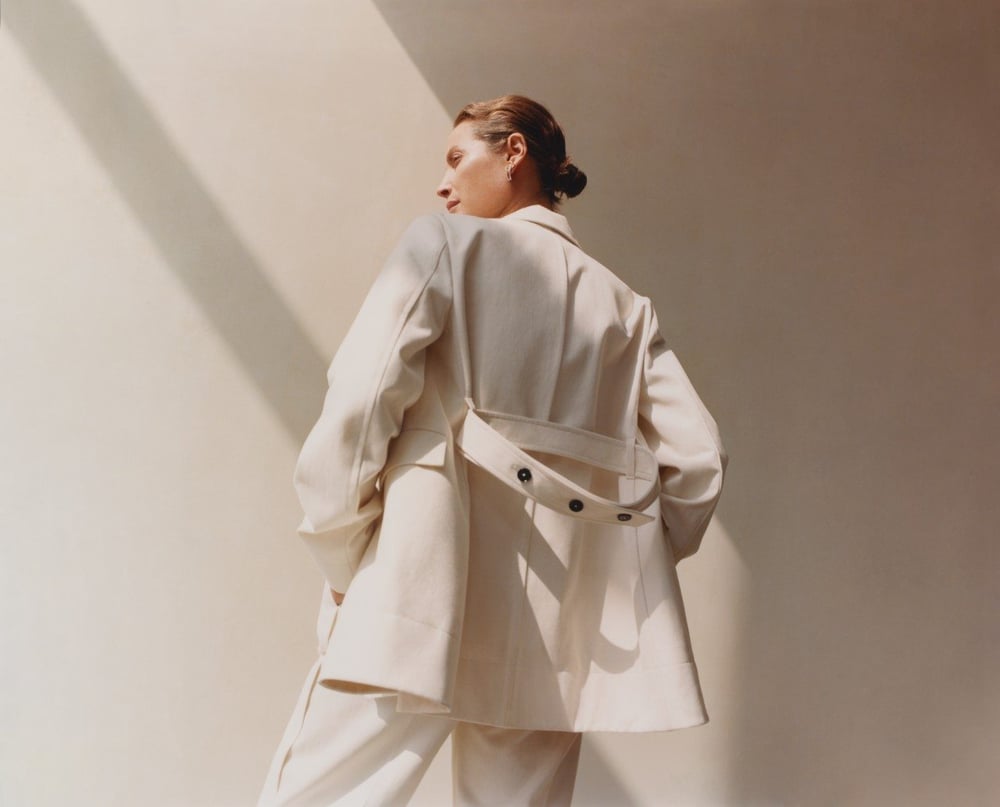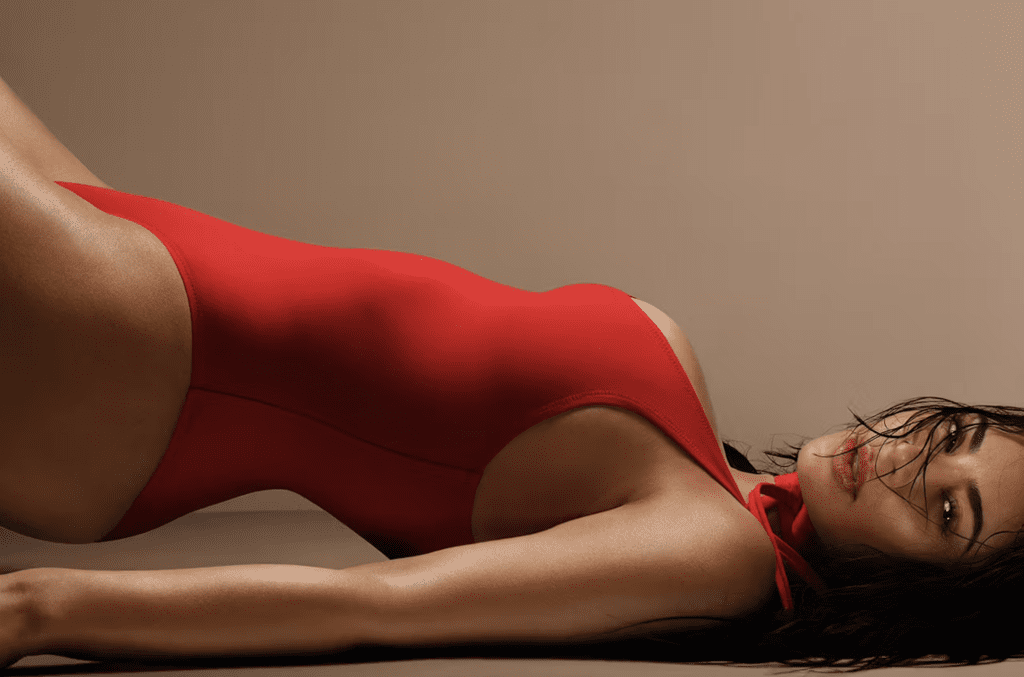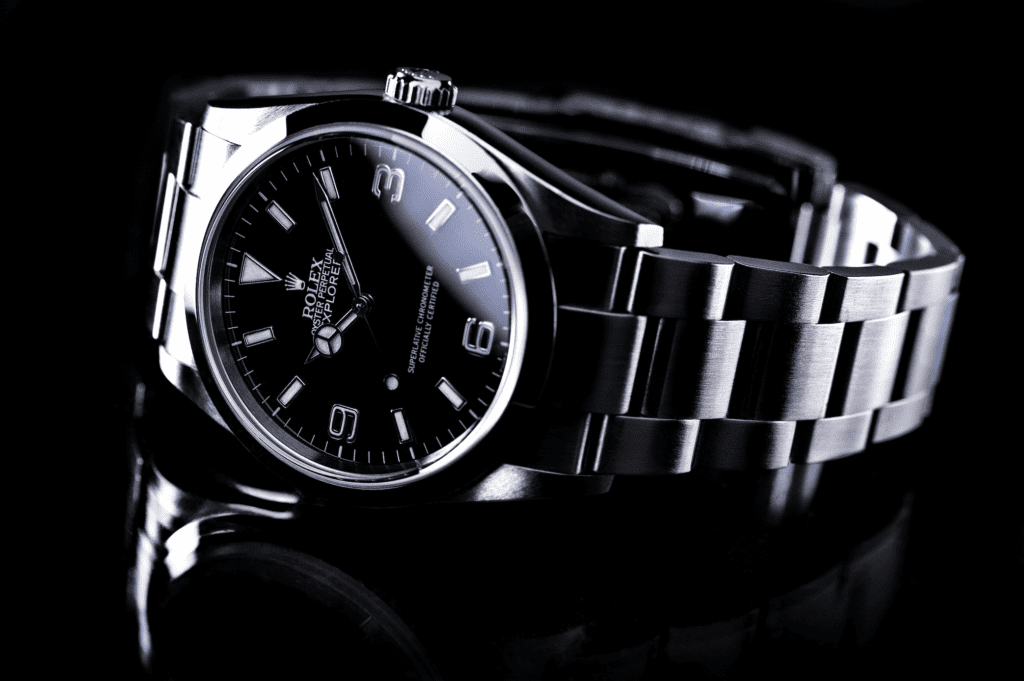Nike has reached a settlement with a handful of defendants in connection with a trademark lawsuit over “customized” sneakers. In a filing that they lodged with the U.S. District Court for the Central District of California on September 6, Nike and Defendants Customs By Ilene, Inc. d/b/a Drip Creationz, Raymond Quiroz, and Brian Porter seek approval and entry of a consent judgment and permanent injunction as to Drip Creationz as a result of a settlement. “Specifically, the parties have now entered into an agreement that calls for final resolution of this action as to Drip Creationz with the court entering the concurrently filed [Proposed] Consent Judgment and Permanent Injunction As To Drip Creationz,” the filing states.
In furtherance of the consent judgment and injunction, Nike is seeking an order that the Drip Creationz defendants (collectively, “Drip Creationz”) infringed its well-known trademarks by making and selling “Customized AF1 Products.” Among some of the key stipulations from Drip Creationz are that Nike’s trademarks at issue, including its Air Force 1 trade dress and swoosh logo, are “valid and enforceable,” and that it purchased “authentic Nike Air Force 1 sneakers, made material alterations and customizations to those sneakers, and then marketed and sold [them] as ‘customized AF1s” without Nike’s authorization. Specifically, the order states that Drip Creationz deconstructed authentic Nike sneakers and added “images, materials, stitching, and/or colorways [and other] material[s] … including third party trademarks and protected images” that “suggest[ed] false collaborations” and that Nike never approved, authorized, or offered.” At the same time, Drip Creationz “mass produced the Customized AF1 Products in large quantities for promotion and sale.”
Against that background and “because Drip Creationz infringed [Nike’s] marks by making, promoting, advertising, offering for sale, selling, and/or distributing [infringing sneakers],” a judgment is ordered in Nike’s favor on all of its causes of action.

Aside from the consent judgment in Nike’s favor, the parties’ agreement includes a permanent injunction, which will permanently bar Drip Creationz from continuing to engage in its alleged infringement of the Nike marks. Specifically, Drip Creationz will be barred from “making, promoting, advertising, publicizing (which includes, for example, publicly displaying photos or drawings on social media accounts or websites), offering for sale, selling, distributing, and importing the [infringing] products, colorable imitations thereof, and/or any other unauthorized customizations of Nike sneakers;” from “implying Nike’s approval, endorsement, or sponsorship of, or affiliation or connection with, Drip Creationz’ products, services, or commercial activities;” and from “representing or implying that [it] is in any way … affiliated with Nike,” among other things.
The parties alerted the court that the order and injunction bring the bulk of the case, namely, Nike’s claims against Drip Creationz, to a close, with only its claims against Ilene Arellano – who is subject to a mandatory stay pursuant to 11 U.S.C. § 362(a)(1) – remaining.
The filing comes over two years after Nike filed suit against Drip Creationz, as first reported by TFL. In the trademark-centric case, Nike alleged that the defendants were on the hook for trademark infringement and dilution, and counterfeiting for allegedly selling modified sneakers, as well as outright fakes that bear Nike branding. Drip Creationz responded to Nike’s complaint by arguing that while it sold customized Nike sneakers without authorization from Nike, it did not engage in “any alleged bad acts.” Among its defenses: The first sale doctrine, with counsel for the “customized” sneaker-seller arguing that its actions “amount to a resale by the first purchaser of the original product and is, thus, protected under the first sale doctrine and does not constitute trademark infringement or unfair competition.”
With the first sale doctrine-centric arguments at play, C.D. Cal. Judge John Holcomb recently called on the parties to file supplemental briefings applying the first sale doctrine in light of the U.S. Court of Appeals for the Ninth Circuit’s decision in the Bluetooth SIG Inc. lawsuit and other applicable precedent from the federal appeals court. (A dive into Nike’s briefing is coming from us on Monday.)
THE BIGGER PICTURE: Not an isolated case, Nike’s suit against Drip Creationz fit neatly into a flurry of customization-focused cases filed in recent years; these have seen Drip Creationz, John Geiger, MSCHF, and former employee Nike Jeffrey Waskowiak and his company KickRich LLC land on the receiving end of trademark lawsuits. As for what is driving the onslaught of customizer-specific litigation from Nike, a representative for the Swoosh previously stated that the company is not aiming to “limit the individual expression of artisans, many of whom are some of the brand’s biggest fans,” noting that Nike “often collaborates with designers, artists and other creatives to innovate new products and experiences for our consumers with the Nike brand.”
Instead, Nike – which has been the subject of fan fury over such suits – says that the litigation stems from the fact that the brand “cannot allow unauthorized customizers to build a business using and leveraging some of our most iconic trademarks, undermining the value of Nike’s intellectual property,” including the Nike “brand, goodwill, and hard-earned reputation.” In short: Nike is simply policing its valuable trademark rights in order to maintain that value.
Such aggressive enforcement efforts make sense (to a certain extent) given Nike’s enduring dependence on a number of key trademarks and trade dress, including ones in the silhouettes of its well-known sneakers. Because sportswear companies, in particular, make use of many of the same, staple footwear designs over decades, a practice that is distinct from selling trendy and/or purely fleeting apparel designs, it is in their interest to take action to ensure that such silhouettes continue to function as indicators of source and thus, sources of value.
The case is Nike, Inc. v. Customs By Ilene, Inc., 5:21-cv-01201 (C.D.Cal.)











